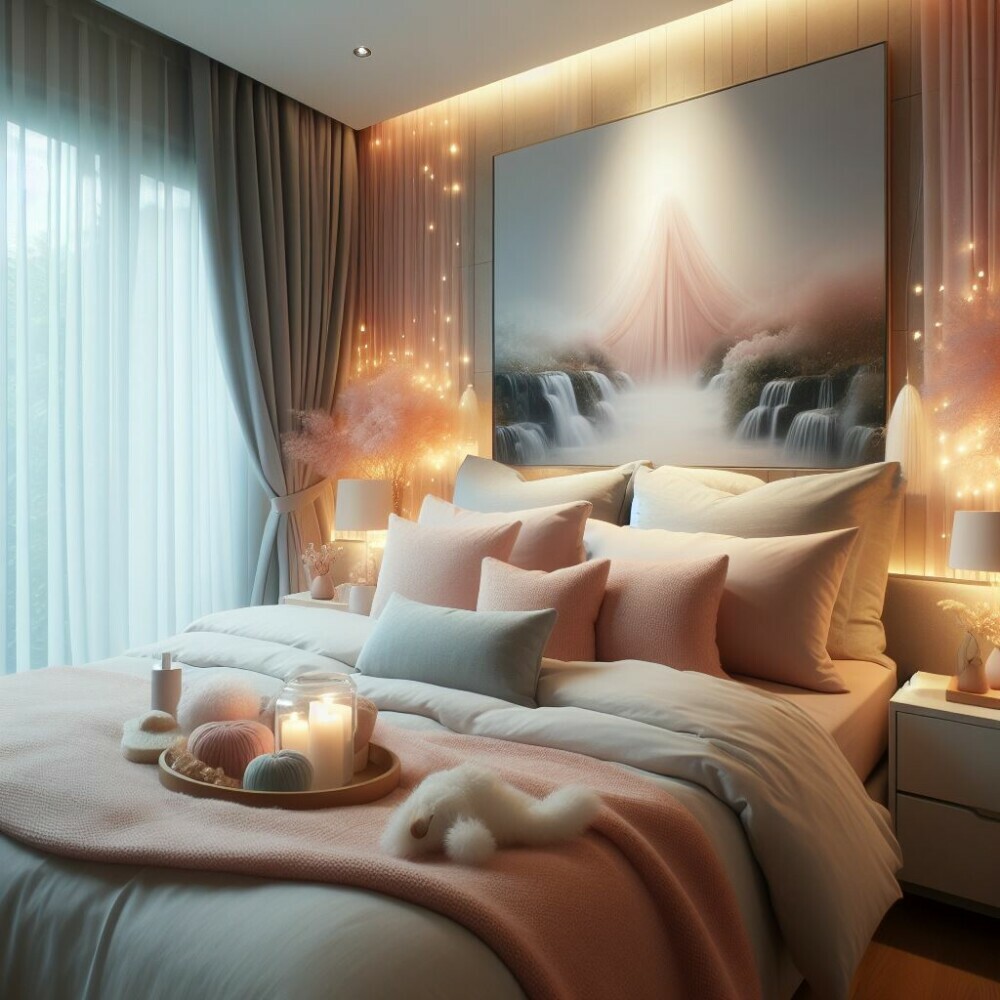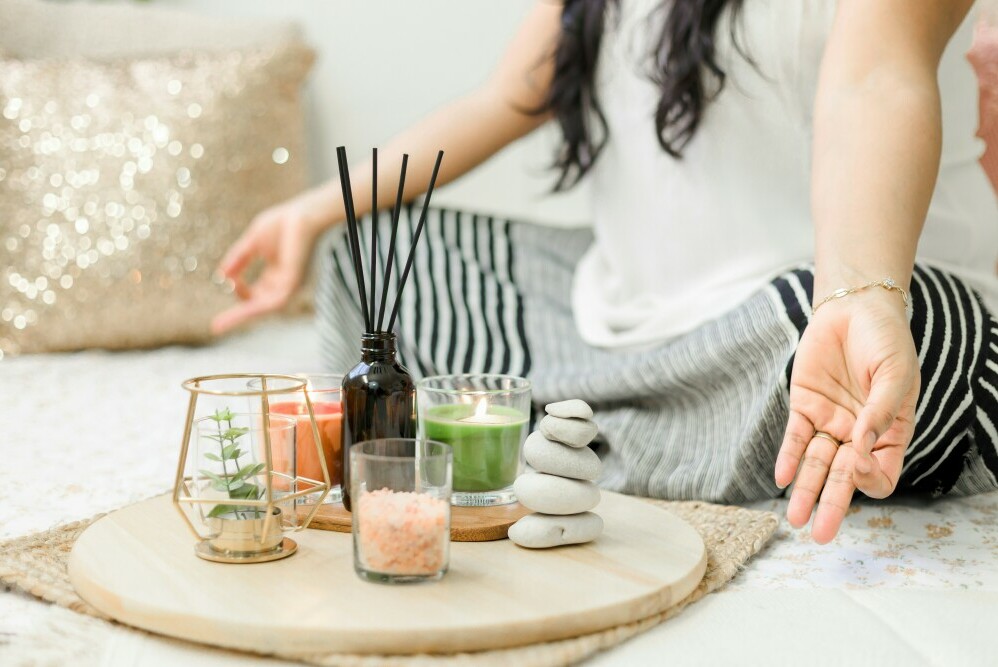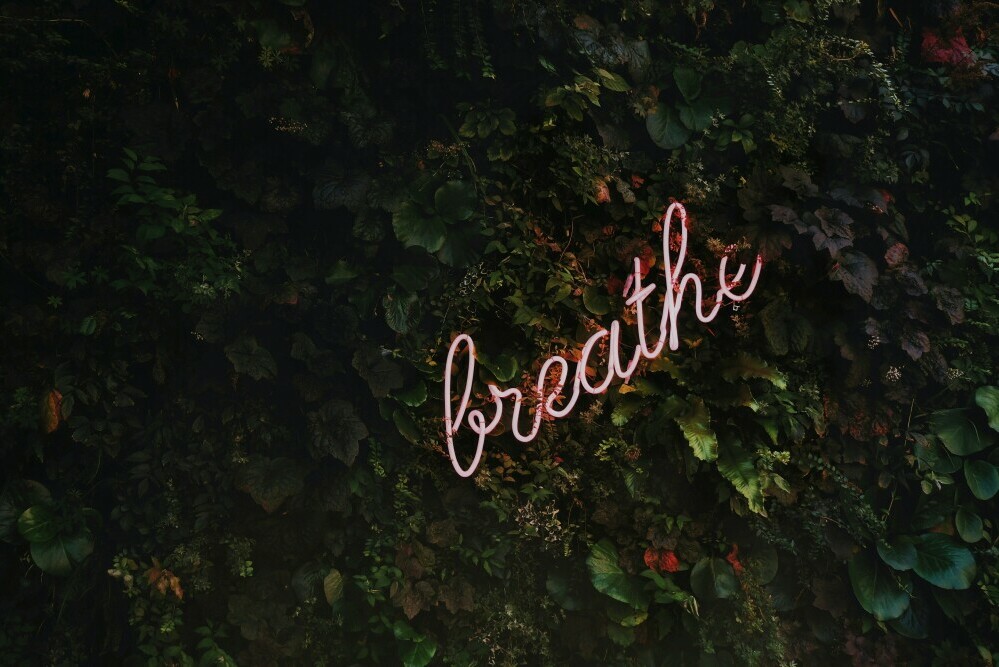Table of Contents
Introduction
Sleep is as crucial to your health as eating, drinking, and breathing. But if you’re finding it tough to drift off into dreamland, you’re not alone. This isn’t just about getting enough hours of shut-eye; it’s also about the quality of sleep you’re getting. And that’s where relaxation comes into play. Relaxation isn’t a luxury; it’s a necessity for resetting your mind and body, particularly at bedtime. In this article we will discuss best relaxation techniques for better sleep that have helped millions of people around the world.
You’re going to find out about the undeniable link between being relaxed and snagging better sleep. A relaxed body and a serene mind can make the difference between tossing and turning and slipping seamlessly into sleep. It boils down to the science of stress hormones like cortisol, which can keep us on high alert, and the parasympathetic nervous system, our built-in ‘rest and digest’ mechanism that helps us unwind.
Don’t worry too much about mastering every relaxation technique out there. Choose something that resonates with you. In my opinion, the key is consistency and patience. A few minutes spent unwinding can lead to significant improvements in sleep quality. We’ll explore how you can tackle common sleep-stealers like anxiety and a racing mind, and harness the power of proven techniques such as mindfulness and conscious relaxation.
However, relaxation techniques are only a piece of the puzzle. A lot is happening around you that plays into how well you fall asleep. That’s going to include the environment you choose to rest in. So, as we transition from discussing internal relaxation strategies, let’s not overlook the importance of the physical space where you sleep. Your environment can vastly influence your ability to relax and, consequently, the quality of your sleep.
Setting the Stage for Slumber: Creating a Sleep-Inducing Environment

I’m going to let you in on a little secret: your sleep environment has a massive impact on how well you doze off. Think of it as setting the stage for a play – everything needs to be just right. This isn’t just about having a dark room; it’s also about ensuring that all your senses are primed for sleep.
You’re going to find out about the sensory factors that turn your bedroom into a sleep sanctuary. That includes the right lighting, noise control, and even the scents you might not have considered important before. Let’s start with lighting. The science behind darkness is clear: it signals to your body that it’s time to rest. So, opting for blackout curtains or a sleep mask can really make a difference. And when it comes to temperature, cooler rooms are generally better. A thermostat set between 60 to 67 degrees Fahrenheit (15 to 19 degrees Celsius) is optimal for most people.
But that’s not all. Decluttering your space has psychological benefits that translate to better sleep. A tidy room can decrease anxiety and help your mind let go of the day’s chaos. You might be thinking, ‘Can rearranging my socks really help me sleep better?’ In my experience, yes. Creating order in your environment can foster a sense of calm—and your sleep quality might just improve as a byproduct.
Now, since we’ve talked about setting the literal stage for sleep, let’s keep the momentum going and move into how you can cultivate a pre-sleep routine to further ease your journey into the land of nod.
Mindful Measures: Cultivating a Pre-sleep Routine for Deep Rest

You’re going to find out about the critical impact a pre-sleep routine can have on your shut-eye. Consistency is king when it comes to signalling your body it’s time to power down for the night. Establishing a regular nightly routine does wonders for your internal clock.
Now what about mindfulness meditation? I don’t just mean sitting quietly; I’m talking about purposefully paying attention to the present moment without judgment. I’m going to walk you through a basic mindfulness exercise that you can do each night before bed.
If you want to take it a step further, try adding some gentle yoga or stretches into the mix. Stretching isn’t only great for flexibility; it also helps release the tension that’s been building up in your muscles all day, which can be a game-changer for your sleep quality.
In my opinion, these activities engage both your mind and body, preparing them for a night of tranquil sleep. When you incorporate these practices into your routine, you might just be surprised at how much more easily sleep comes.
Tech Timeout: Navigating the Digital Detox for Improved Sleep Hygiene
Now, let’s dive straight into a topic that’s close to our hearts and not always easy to tackle – technology. It’s no secret that screens are a major part of our lives, but they’re not exactly sleep’s best friends. Why is that? The artificial blue light emitted by screens can mess with your body’s ability to produce melatonin, the sleep hormone. This makes unwinding and nodding off a lot tougher than it should be.
I’m going to share some best practices to help you put technology in its place and reclaim your sleep. First, consider an electronic curfew. This means turning off all screens at least an hour before bed, and yes, this includes your phone, tablet, and TV. If an hour sounds daunting, start with 30 minutes and gradually increase it. Trust me; the benefits are worth it.
You might be wondering, how can you limit your exposure to blue light even outside of this curfew? Simple tweaks like activating night mode on your devices or using blue light blocking glasses in the evenings can make a massive difference. These solutions don’t block all blue light, but they certainly help.
To keep your night free from digital disturbances, think about reviving some old-school habits. Remember those quaint activities like reading a book, chatting with family members, or even journaling? They are fantastic, screen-free ways to wind down and prepare your body for sleep. Plus, they offer a bonus dose of personal growth or family bonding time.
Embracing these changes isn’t just about improving sleep; it’s about enhancing your overall well-being. Once you push past the initial adjustment phase, you’ll likely notice benefits like better focus during the day, improved mood, and of course, deeper sleep. And speaking of deep sleep, up next, I’ll guide you through mind-body techniques like breathwork that’ll ease you into dreamland with unrivalled tranquility.
Fostering a Mind-Body Connection: Breath work and Other Techniques to Ease into Sleep

If you’ve ever lain in bed with a racing mind, you’ll know how frustrating it is when sleep just won’t come. That’s where the beauty of breath work and other techniques comes into play, helping bridge the gap between wakefulness and sleep by fostering a strong mind-body connection.
Let’s start with breathing exercises. Simple techniques, such as the 4-7-8 method or diaphragmatic breathing, can be powerful tools. The rhythmic nature of these exercises not just calms the nervous system but also signals the body that it’s time to wind down. Even a short session can make a big difference to how quickly you drift off.
Progressive muscle relaxation (PMR) is another gem for your sleep toolkit. By tensing and releasing different muscle groups, you can bring attention to physical sensations and away from the thoughts buzzing around in your head. It’s like giving your body permission to let go of the day’s stress.
Visualisation or guided imagery adds a layer of tranquility. Picture yourself in a serene setting—maybe a quiet beach at sunset—and allow your senses to ‘experience’ this place. This isn’t just about imagining; it’s about transporting your mind to a relaxed state, paving the way for sleep.
In my experience, and echoed by many I’ve spoken with, these techniques aren’t just fluffy bedtime rituals—they work. Integrating one or more of these strategies into your evening can transform your relationship with sleep.
Remember, your first attempt doesn’t need to be your last. Experiment with different techniques to choose something that resonates with you. You can always adjust your approach down the road as you learn what works best for your personal rest journey.
I really hope that these insights help you embrace the night with ease and turn those restless hours into restorative slumber. So tonight, as you prepare for bed, give yourself the gift of relaxation and watch how it enhances not just your sleep, but your waking life as well.
If you are someone who is anxious in general and need to relax first to fall asleep then our guide on Natural Remedies For Anxiety With Essential Oils will certainly help you:).
Kay,
greenlifehub.com

